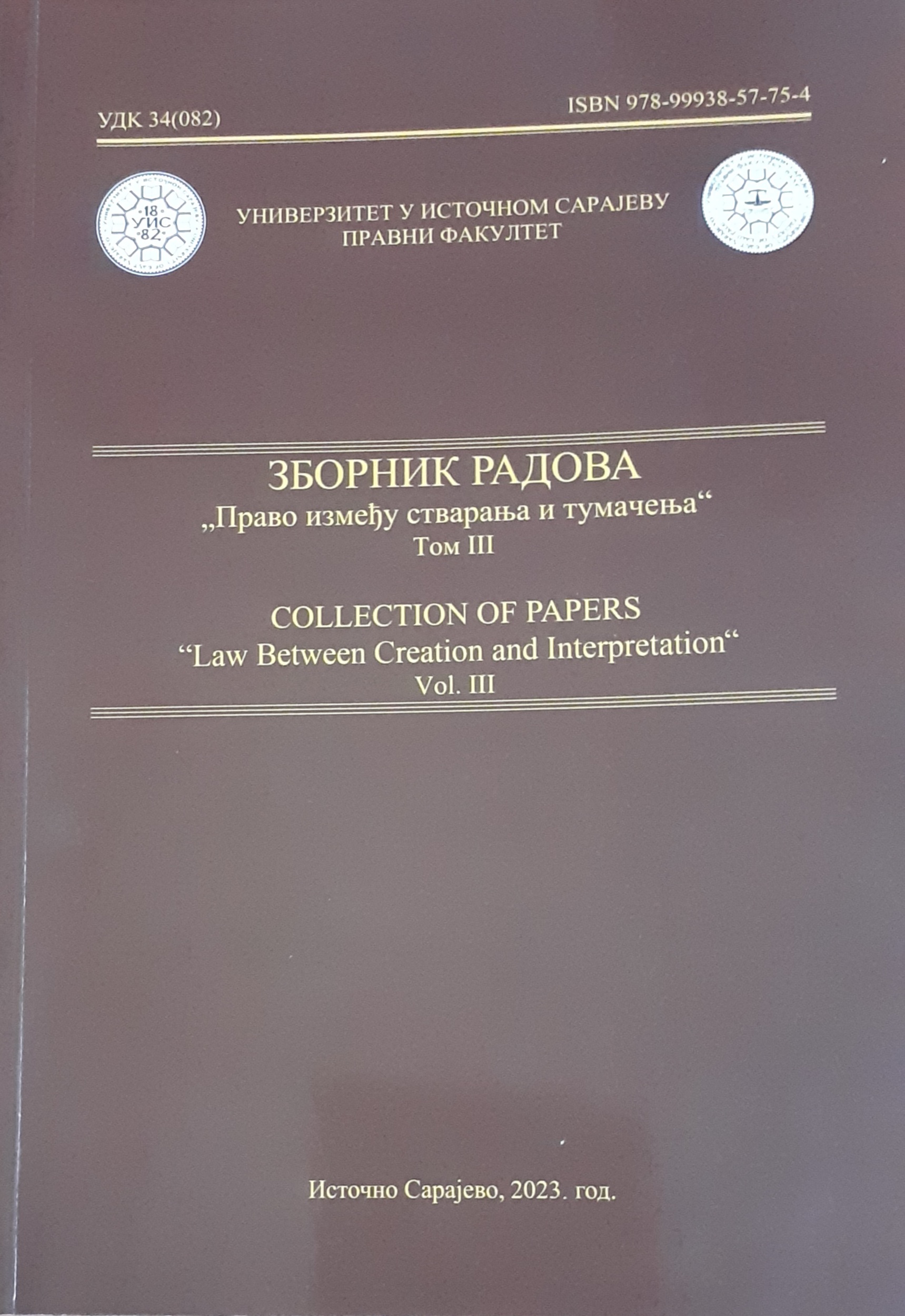Забрана преиначења пресуде на штету окривљеног
Prohibition of Reformatio in Peius
Author(s): Saša Knežević
Subject(s): Social Sciences, Law, Constitution, Jurisprudence, Court case
Published by: Правни факултет Универзитета у Источном Сарајеву
Keywords: Defendant; Prohibition of reformation in peius; Procedural equality; Criminal sanction; Legal qualification; Factual background;
Summary/Abstract: By seeking legal recourse, the accused initiates reviewing of the factual and legal foundations of the judgement. The outcome of the proceeding initiated by recourse may only be the more favorable decision for the accused. In order to enable accused to appeal against judgements uninterruptedly, it is necessary to prevent the detriment of this party's criminal proceeding's status in the course of appellate proceedings. Therefore it is necessary to stimulate the accused to use recourses provided for by the statute and, hence, create a more favorable environment for the realization of procedural equality of the parties to criminal proceedings. The institute of prohibition of reformatio in peius (the prohibition of alteration to worse) represents the procedural concession to the accused, which improves the procedural position of this party in the recourse proceedings. The accused may challenge court judgements freely, without fear that seeking recourse would turn against him. In this way, the ratio legis of this institute is being reflected.
Book: Зборник радова "Право између стварања и тумачења" Том III
- Page Range: 33-49
- Page Count: 17
- Publication Year: 2023
- Language: Serbian
- Content File-PDF

